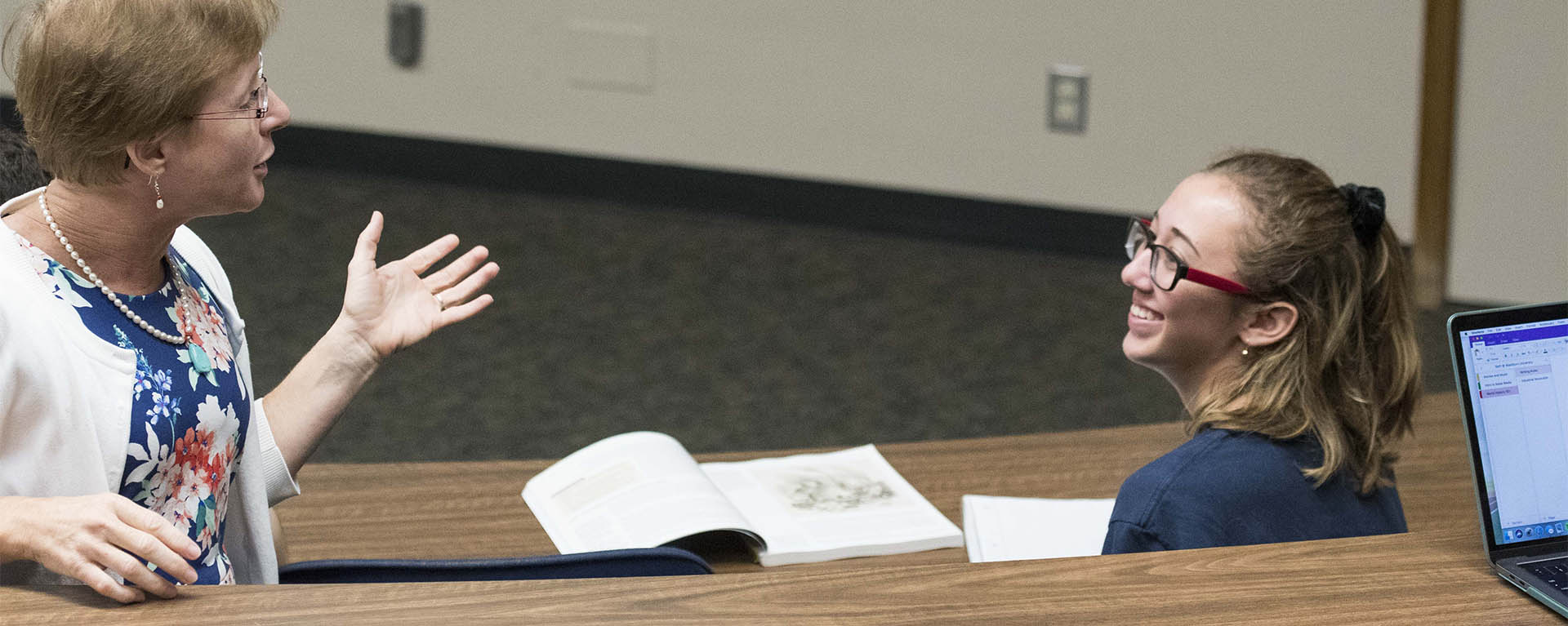
Workplace traumas or critical incidents have become more common in recent years: the Murrah Federal Building Bombing in April of 1995, fired employees returning with guns to their former site of employment, the Unabomber attacks. The American Association of Occupational Health Nurses Journal reports that an estimated 10 million work related traumas and 7,000 trauma related deaths occur each year and approximately 25 occupational deaths and 10,000 injuries occur each working day.(1)
In the mental health field, "critical incident" refers to any event that has significant emotional power to overwhelm usual coping mechanisms. Experiencing an abnormal event is what typically defines a critical incident. For example, witnessing a murder, being held hostage and experiencing natural disasters (tornados, earthquakes, etc.) are events that could be considered a critical incident. Experiencing a critical incident may lead to a condition known as post-traumatic stress disorder (PTSD). This is a diagnosable disorder as defined by the American Psychiatric Association in 1985.
Critical Incident Stress Debriefing (CISD) was developed by Jeffrey T. Mitchell, Ph.D., to assist persons who experienced a critical incident. In offering this debriefing, the hope is this intervention will assist in emotional recovery and help prevent PTSD. The debriefing meeting is a pre-scheduled activity facilitated by mental health professionals who have experience and training in trauma/critical incident events. In debriefing sessions participants may talk about the event and speak of their thoughts/reactions to the event. Debriefers give information and education and, before the session concludes, they take pertinent information from the participants so that professionals may contact them after debriefing to see how they are doing.
Were a critical incident to occur at Washburn University, it is imperative to manage this incident for the best outcome for our students, employees and our institution. For this purpose, the Counseling and Testing Center has developed a plan of action to assist staff and students who may experience critical incident stress.
Counseling and Testing Center professional staff, Dr. Don Vest, a clinical psychologist, and Marilynn Koelliker, a clinical social worker, can evaluate staff, students and events for the need for Critical Incident Stress Debriefing.
- *Single victim incident situations - Staff or students who experience a critical incident as an individual may be evaluated by the Counseling and Testing Center professional staff for appropriate referrals in the community for trauma counseling.
- Multiple victim university incident - Counseling and Testing Center professional staff will assess the event and determine if CISD group session(s) would be advisable. Qualified agencies and contact persons that can offer CISD are listed below. Counseling and Testing Center professional staff will contact the agency and arrange for debriefing sessions.
- Follow-up - Professional staff in the Counseling and Testing Center will contact individuals who participated in the debriefing to learn how they are doing and make referrals or recommendations, if necessary.
- On-campus incident - In the event of an on-campus incident, space will be made available in the Counseling and Testing Center so that professional staff may be available to critical incident victims. If the Center cannot be used, professional staff will search for space to provide a safe, private environment for victims.
- Campus Security Office - Throughout any University critical incident the Counseling and Testing Center will collaborate and maintain close communication with Campus Security.
Agencies and persons to contact:
- At the Menninger Foundation, contact Dr. Jon Allen or Dr. David Console, 273-7500
- At the Shawnee County Mental Health Center, contact Greg Valentine or Tom Mapes, 233,-1730
- At Parkview Hospital, contact Judy Parker, 235-3000
1. Howell, E., Brown, K. and Atkins, J. (1990), Trauma in the workplace: an overview, AAOHN Journal, 38(10), 467-474.

